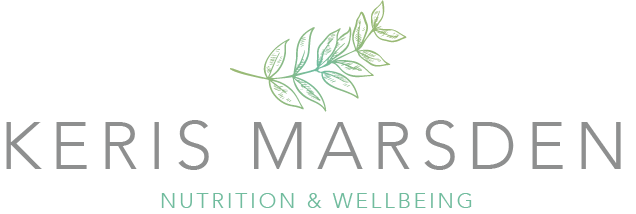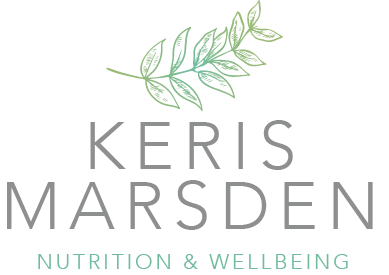6 healthy hormone nutrition essentials
There’s lots of conflicting guidance regarding nutrition and hormones.
Clients frequently ask me questions about what to eliminate to help balance their hormones, they’re usually considering dropping out dairy, caffeine or meat.
I often suggest it’s helpful to focus on what to increase in your diet and what you’re consuming most of the time, as this will have the biggest impact.
Here’s some helpful nutrition steps that can support balanced hormone health:
1. Support blood sugar balance
There’s an interplay between hormones like insulin that regulate your blood sugar levels and your reproductive hormones.
The following steps are paramount to keeping hormone happy:
Consume protein at every meal
Minimise processed and refined foods like confectionary, shop brought bread, cereals, pastry, biscuits and sugary drinks
Favour wholefood carbohydrates including brown rice, quinoa, potatoes, legumes
Avoid excessive snacking, grazing and eating too late at night
Combine healthy nutrition with daily movement and exercise
2. Consume these healthy fats
Healthy dietary fats optimise communication between your cells and hormones, they also help control inflammatory processes which reduce hormone related symptoms.
Favour the following:
Healthy monounsaturated fats: olive oil, nuts, seeds, avocados
Healthy saturated fats: butter, coconut oil, red palm oil, dairy products, meat
Essential omega 3:6 fats: oily fish, algae, nuts, seeds, grass fed meat and dairy products
3. Consume nutrient dense foods
The following foods are loaded with essential nutrients, vitamins and minerals which not only provide the building block of hormones and everything your body needs to support healthy hormone activity:
Meat
Fish and seafood
Eggs
Dairy
Fruit and vegetables
Pulses and wholegrains
Nuts and seeds
Herbs and spices
4. Add a serving of hormone hero foods
Certain foods have a special ability to support your hormones and prevent them from falling out of balance and causing symptoms like pain, cravings, low mood and water retention.
They do this by helping your body control inflammation, offering antioxidant protection, feeding healthy bacteria or helping your body to you eliminate excess hormones.
The following are a great way to get a daily dose of hormone hero foods:
Eat a rainbow of fruits and vegetables across the week
Consume a variety of herbs and spices, especially rosemary, turmeric, oregano, black pepper
Add some alliums to your meals: garlic, chives, leeks and onions
Eat cruciferous vegetables: broccoli, cauliflower, cabbage, Brussel sprouts
Favour fermented foods e.g. sourdough bread, kefir, kimchi, sauerkraut
Consume seeds like flaxseeds, sesame seeds, pumpkin, chia and sunflower
5. Strike a balance for your sanity
There are some things that have a reputation for disrupting hormone health.
Whilst this might be the case in excess, they can be consumed in moderation as part of a nutritious diet.
That cake or croissant with a friend or fish and chip supper by the sea should not be missed out on, simply aim to keep pleasure foods to around 10–20% of your total intake which equates to around 2-5 meal options a week (based upon consuming 3 meals a day).
A sensible amounts of things that bring you pleasure keeps you approach to nutrition realistic and enjoyable.
6. Stay sensible with caffeine and alcohol
Excess caffeine may potentially cause you to over stretch your body and struggle with sleep which can derail your hormones.
Aim to have 1–2 caffeinated beverages daily, ideally before 12pm then swap in some decaffeinated beverages or herbal teas.
Alcohol in moderation is also perfectly healthy if you stay within safe guidelines and don’t experience any side effects like insomnia or mood changes.
Limit daily consumption to 2–3 units and implement alcohol free days across the week. Limit weekly consumption to 14 units. You can find more details and track your units using the calculator on the Drink Aware.
If you’re struggling with hormone issues and would like a chat you can book a free 15 minute consultation call with me.


